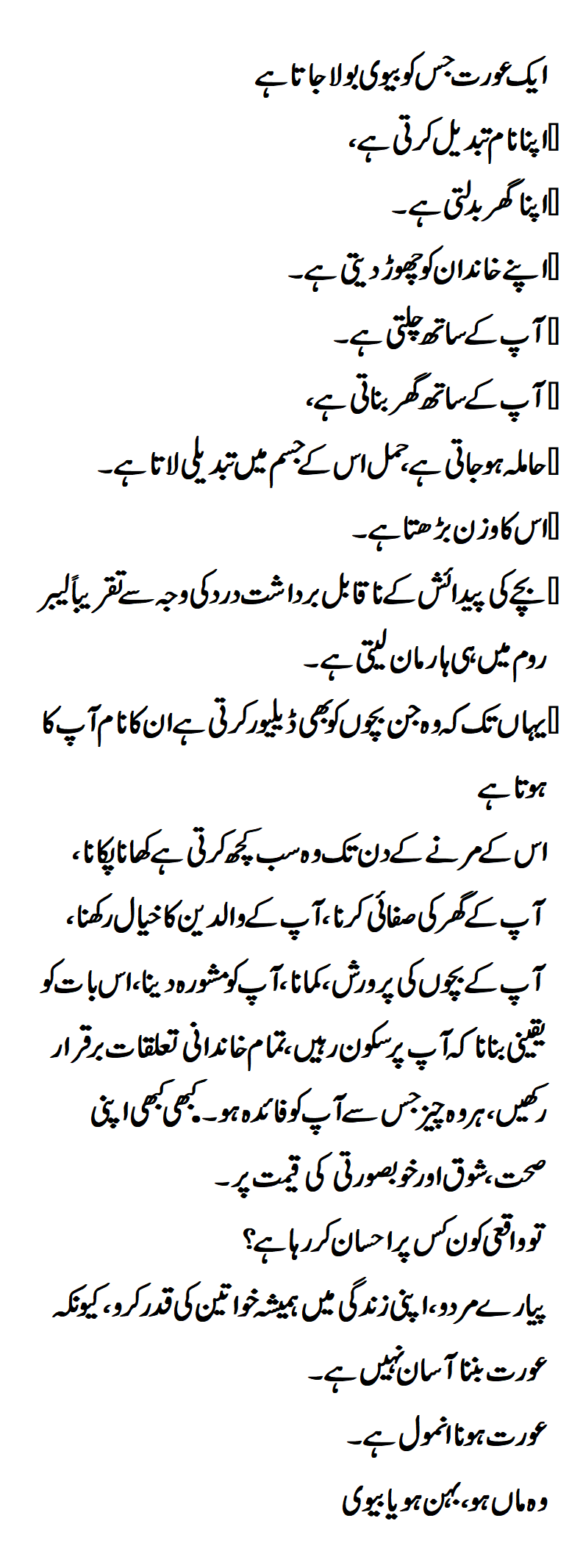When we deal with the origin of ship and boat (the names of things pertaining to material culture), problems are almost predictable.Such words may have been borrowed from an unknown language (or from an attested language,
but definitive proof of the connection is wanting) or coined in a way we are unable to reconstruct, but wife? Yet its etymology is no less obscure. My proposal will add to the existing stock of conjectures, and the future will show whether it has any chance of survival, let alone acceptance.
The few things that can be said about wife without hedging are as follows. In the past, it was pronounced wif, with the vowel as in Modern Engl. wee. It meant “woman,” not “female spouse,” as it still does in housewife, midwife, old wives’ tale, German Weib, and Dutch wijf.
Very early, man(n) “person” was added to it, and by a series of phonetic changes wifman became woman. Old Engl. wif had cognates in German, Dutch, and Frisian. Old Icelandic wíf (í designates “long i,” the same vowel as in the Old English word)
occurred in poetry, but whether it was native in Scandinavian or borrowed from English (a more probable option) is unclear. In any case, wif was not a common Germanic word, because it did not turn up in Gothic,

a Germanic language, recorded in the fourth century CE. Nor is it a continuation of the main Indo-European word for “woman,” which we detect in gynecology and whose Germanic cognate is the now obsolete Engl. quean (quean is related to queen, but they are different words).